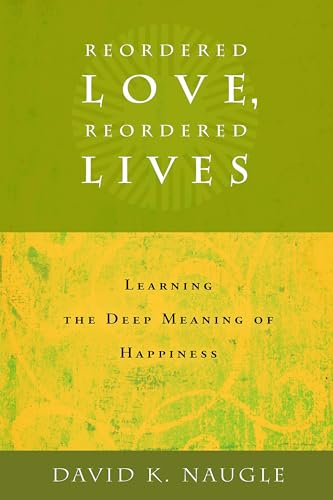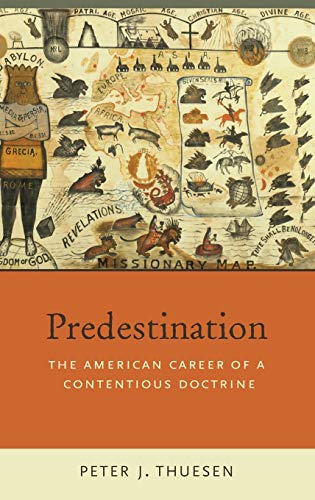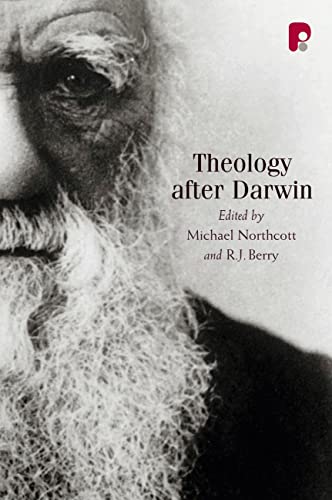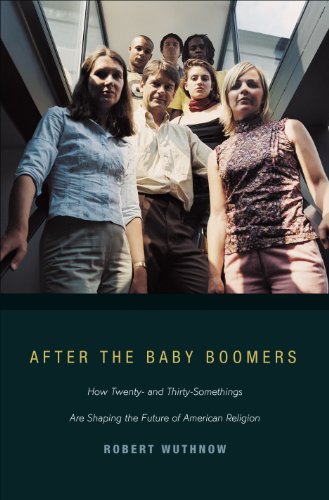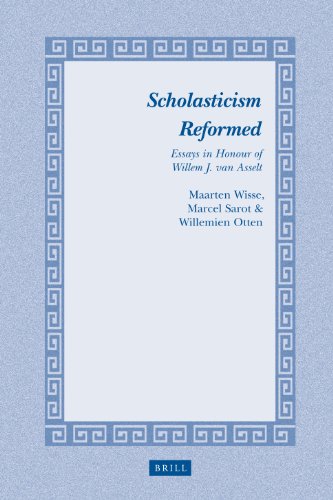Paul Unbound: Other Perspectives on the Apostle
Written by Mark D. Given, ed. Reviewed By Jason C. MeyerThis book began as a panel presentation at the 2004 Central States Society of Biblical Literature meeting in St. Louis on the topic “Newer Perspectives on Paul.” The participants recognized that the wide range of approaches covered could enhance the standard textbooks on Paul for introductory courses as a supplemental textbook (p. 1). The title, Paul Unbound, suggests that tradition and theology have unjustly bound Paul, while the more recent approaches surveyed in the book have successfully liberated Paul from those past constraints. It is intended to remind the reader of the myth of Promotheus, whom Zeus bound for giving gifts like fire and knowledge to the human race (p. 1).
The book consists of eight chapters that together survey the relationship between Paul and eight topics: (1) the Roman Empire, (2) economics, (3) Paul’s opponents, (4) ethnicity, (5) the Law, (6) Judaism, (7) women, and (8) rhetoric. I will briefly summarize the focus of each chapter.
In chapter 1, Warren Carter interacts with the SBL Paul and Politics group. He shows that Paul’s primary engagement was with the Roman Empire, and thus he highlights significant contributions, offers critiques, and suggests future work in the field. Steven J. Friesen addresses the topic of Paul and economics in chapter 2. He successfully shows the ongoing neglect towards this topic within Pauline studies. In chapter three, Jerry L. Sumney helpfully discusses the different factors involved in the search for Paul’s opponents. His critique of Troy Martin’s and Clinton Arnold’s proposals concerning the Colossian philosophy effectively illustrates the pitfalls associated with this search (pp. 61–65).
Chapter four features a selective and intentionally diverse history of interpretation concerning Paul’s assumptions and teaching with regard to ethnicity (pp. 71–95) by Charles H. Cosgrove. He concludes by sketching his own understanding of Paul and ethnicity in which he concludes that Paul did not place value on ethnicity in the same ways that moderns value ethnicity (pp. 95–97). In chapter five, A. Andrew Das admirably sketches seven current pressure points on Paul and the Law. In chapter six, Mark D. Nanos challenges the idea that Paul and Judaism are necessarily two distinct and opposing religious systems. Perhaps the best summary of Nanos’s position is found on page 157: “Paul’s criticism was not of Judaism. It was for the failure of some Jews and Jewish groups to be all that Judaism promised to be when the end of the ages had dawned.”
In chapter seven, Deborah Krause addresses the issue of Paul and women. She announces that past studies on Paul and women are now defunct (p. 161). Current studies no longer treat Paul as a “decontextualized religious figure” that could speak for Christianity; they examine Paul’s writings within the complexities of his historical, rhetorical, social, cultural, political, economic, and religious contexts (p. 161). Paul’s position does not necessarily reflect the consensus of the church, and thus the goal is not to determine whether Paul was “pro” or “anti” woman (p. 161). His words simply serve as a witness to the “enduring struggle” for a “humane, inclusive, and just church” (p. 173). Paul’s words do not give “comfort” for women as much as they give further “courage” to continue the struggle (p. 173).
Mark D. Given concludes the book by surveying the subject of Paul and rhetoric. He helpfully overviews classical rhetoric and how it has been applied to 1 Corinthians. He then calls for a postmodern rhetorical approach that recognizes that Paul used forms of power and performance in his writing, and he sometimes gets carried away by his own rhetoric, which leads him to say things that are not truthful. Given points out the falsehood and the deception behind Paul’s statement that he resolved to know nothing except Jesus and him crucified (1 Cor 2:3). He seduced the Corinthians with his rhetoric (pp. 193–98).
In terms of positive elements, this book nicely fulfills its purpose to provide “an introduction to a wide range of fascinating approaches to Paul that are relevant to, yet go beyond, traditional theological and historical concerns” (p. 1). The authors often trace the historical trajectory of various lines of thought that have developed in response to the traditional understanding of Paul. This approach is not only immensely interesting, but it is also helpful in keeping the reader abreast of many multifaceted developments in Pauline studies.
I turn to the negative elements of the book only after strongly asserting that these comments do not call into question the valuable contribution that this book makes.
First, I suspect that the conversation would be more complete by including the interaction between the traditional and the “new perspectives” on Paul. Has the traditional view engaged these newer perspectives in noteworthy ways that merit a response or rapprochement? This additional feature would have produced a “fuller perspective” that includes the interplay between both traditional and newer perspectives on Paul. This interaction needs to be documented in order to achieve an accurate assessment of where we are in the current quest to understand the apostle Paul.
Second, the book lacks any sustained reflection on the relationship between Paul and Paul’s gospel, even though the two are thoroughly interrelated. For example, if Paul proves to be a seductive speaker who gets carried away by his own rhetoric (ch. 8), then should one trust his “rhetoric” concerning the gospel? If Paul is a hapless guide in terms of his views on women (ch. 7), then should we really put much stock in him as a reliable guide concerning matters touching upon eternal life? Those who are concerned about the gospel should show concern when the gospel is ignored in these discussions.
Jason C. Meyer
Jason C. Meyer
Bethlehem College and Seminary
Minneapolis, Minnesota, USA
Other Articles in this Issue
Most of us, I suspect, develop fairly standard ways, one might even say repetitive ways, to appeal to the motivations of our hearers when we preach the gospel...
How to Write—and How Not to Write—A Review: An Appreciative Response to Reviews of Ancient Near Eastern Themes in Biblical Theology by Dempster and Edgar
by Jeffrey J. NiehausI want to thank Themelios for the unusual opportunity to interact with two reviewers of my book Ancient Near Eastern Themes in Biblical Theology...
Parallels, Real or Imagined? A Review Article of Jeffrey J. Niehaus, Ancient Near Eastern Themes in Biblical Theology
by William EdgarWhen I came to Westminster Theological Seminary in Philadelphia as a young student in the 1960s, two things struck me...
Why Evangelicals Should Ignore Brian McLaren: How the New Testament Requires Evangelicals to Render a Judgment on the Moral Status of Homosexuality
by Denny BurkIn 2006 on Christianity Today’s leadership blog, Pastor Brian McLaren urged evangelical leaders to find a “Pastoral Response” to their parishioners on the issue of homosexuality...
A Member of the Family or a Stranger? A Review Article of Jeffrey J. Niehaus, Ancient Near Eastern
by Stephen DempsterWe cannot overstate how important knowing the context is for understanding the significance of any communication, whether that is a simple word, sentence, paragraph, larger text, sign, photograph, or cultural cue...



